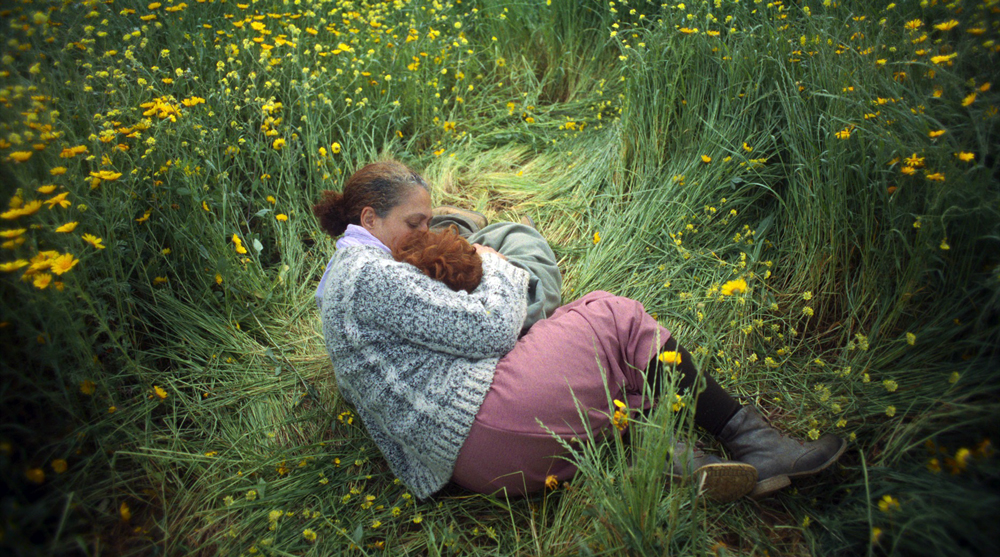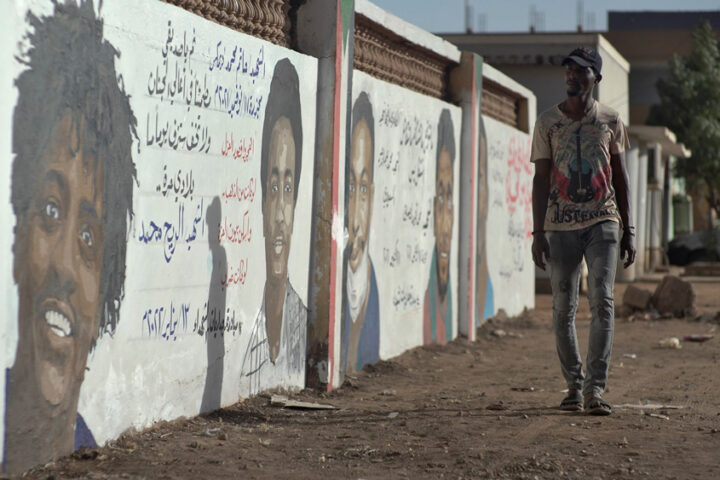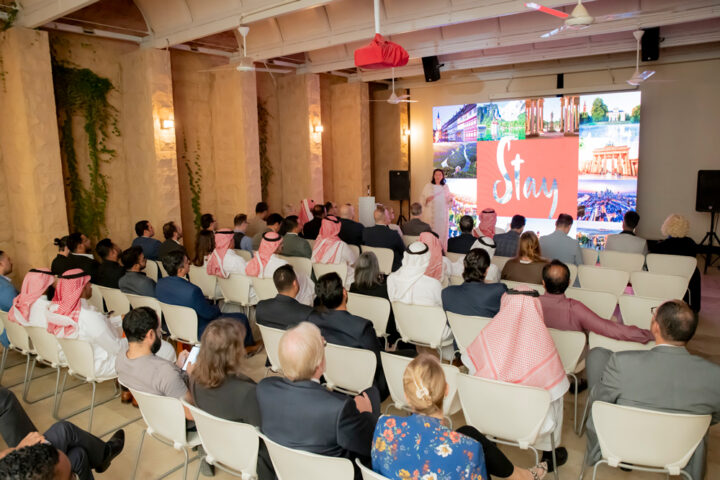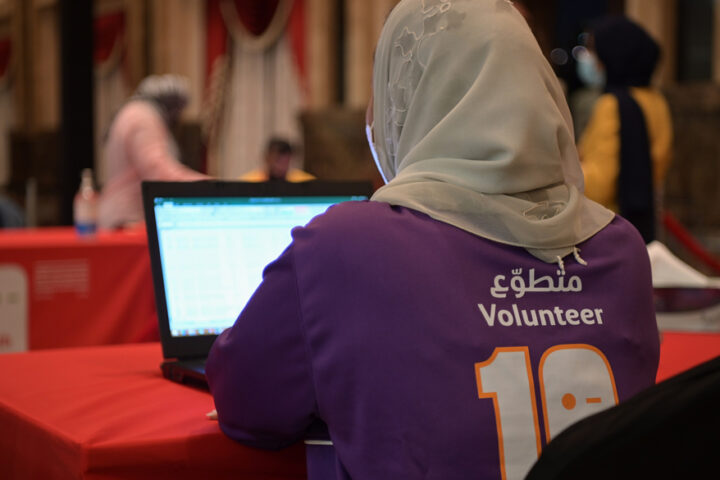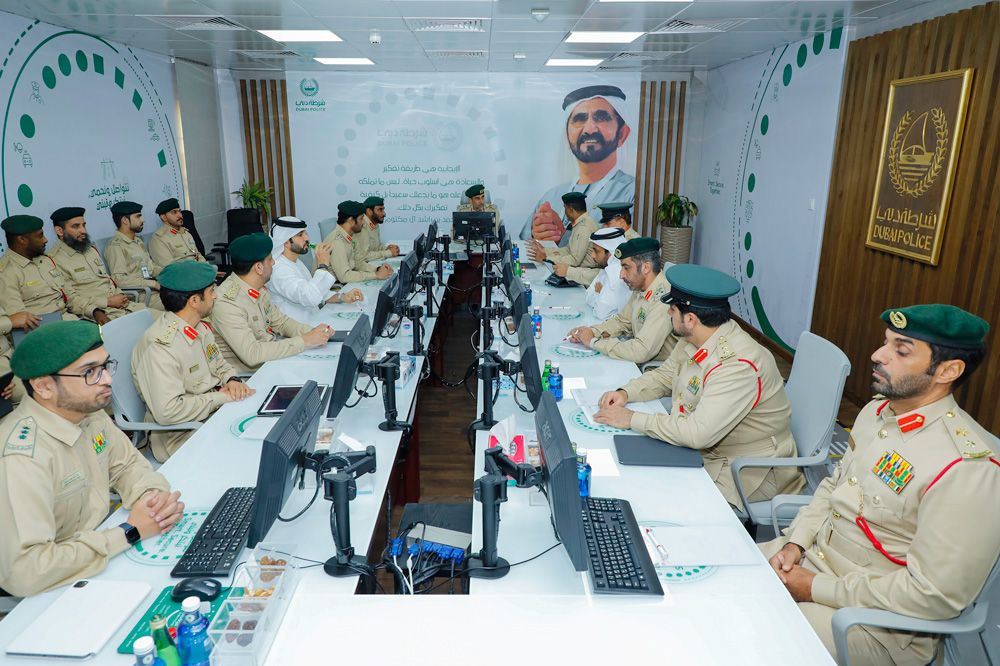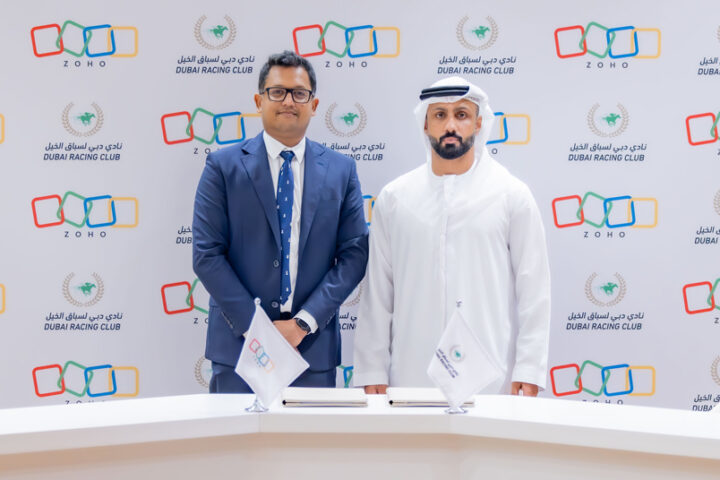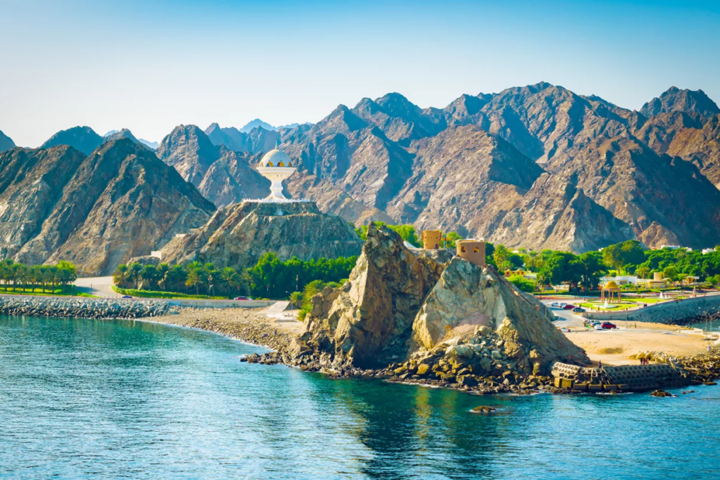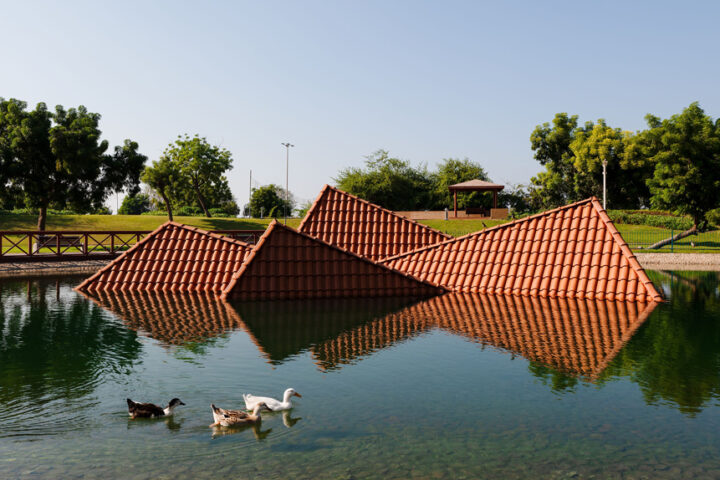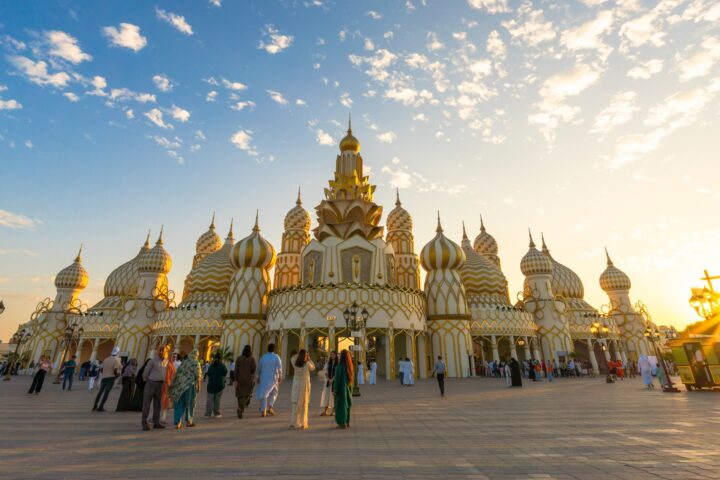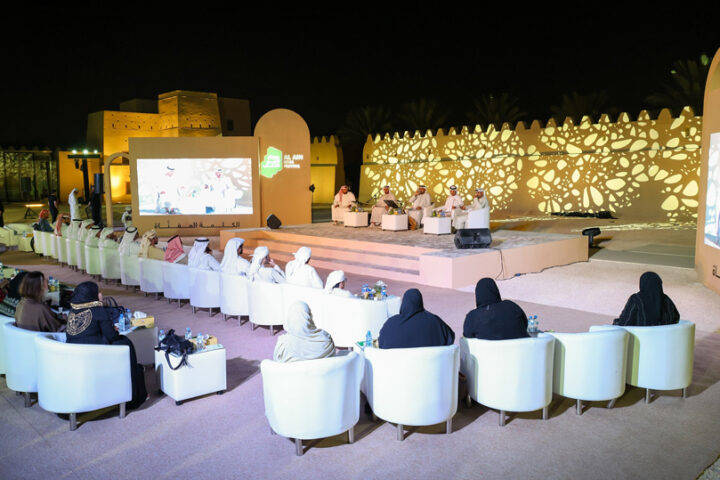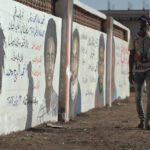Doha, Qatar – Women filmmakers at 2024 Ajyal, presented by Doha Film Institute, are pushing the envelope in filmmaking through compelling stories that explore themes of universal resonance. Three important voices from the region, supported by the Institute, shared their creative journey’s at the Festival.
Among the women filmmakers at 2024 Ajyal, Hind Meddeb, who helmed this year’s opening film, Sudan, Remember Us (France, Tunisia, Qatar), says it is a tribute to the poetic soul of the Sudanese revolution.
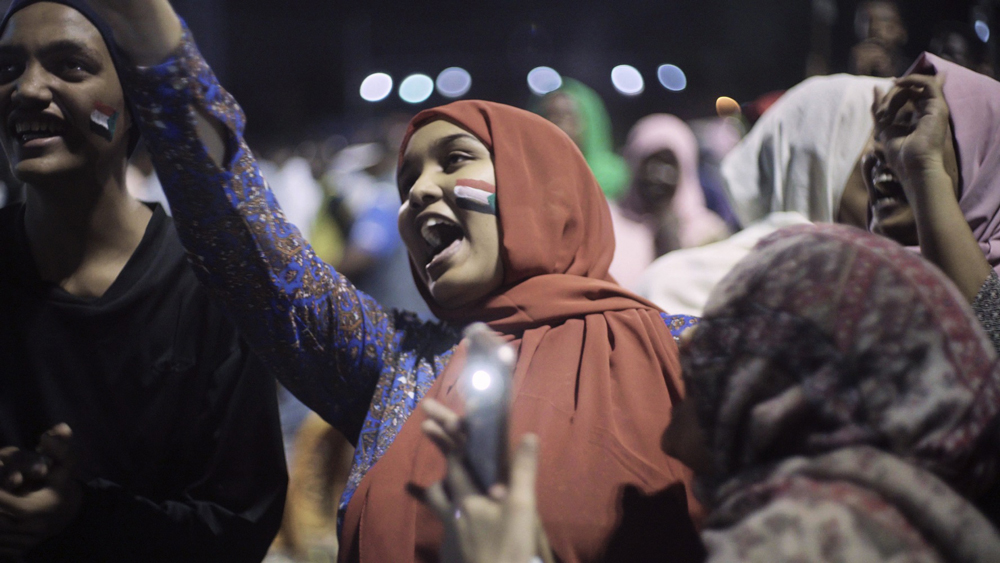
“I witnessed the Sudanese movement from its beginning, and I wasn’t afraid because I found myself in the midst of it,” said Meddeb, during a media briefing at 2024 Ajyal. “I have witnessed the revolutions in Tunisia and Egypt, but the most beautiful revolution was the Sudanese revolution. It was powerful because art exploded with the revolution, and our young people talked to the world through my camera.”
She said that the Sudanese were isolated from the world following several years of repression. “The Sudanese used poetry in their protests against French police brutality, and when I went to the country, I discovered that poetry has evolved as a national phenomenon. Poetry is a matter of life or death for the Sudanese today.”
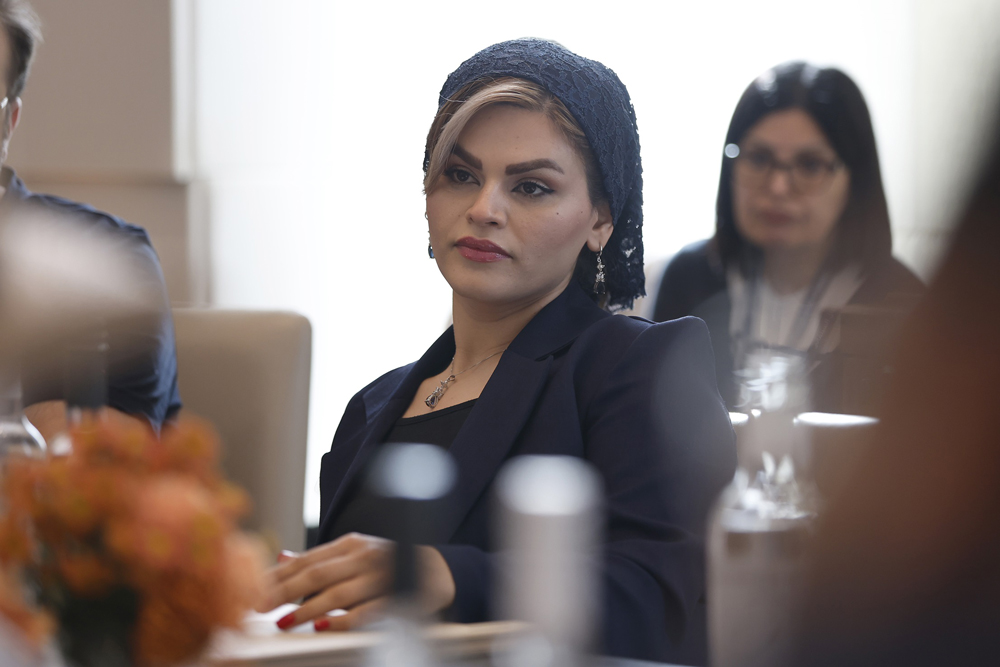
Meddab said the idea for Sudan, Remember Us, started when she was working on her earlier documentary, Paris Stalingrad which featured a young Sudanese poet who came to Paris as a refugee. “The refugee centre was under my house in Paris. I was shocked at the French racism towards them, and I got to be close friends with them. They encouraged me to go to Sudan and bring back images of the revolution since they couldn’t go back.”
And what sets Sudan’s revolution apart, says Meddeb, was its distinctly progressive character. “I saw women in the frontlines of protests and unlike other revolutions in the MENA region, there was no gender harassment. Sudan is a post-Islamist society. They reappropriated their Afro-Arab identity and value their cultural, linguistic, and tribal differences.”
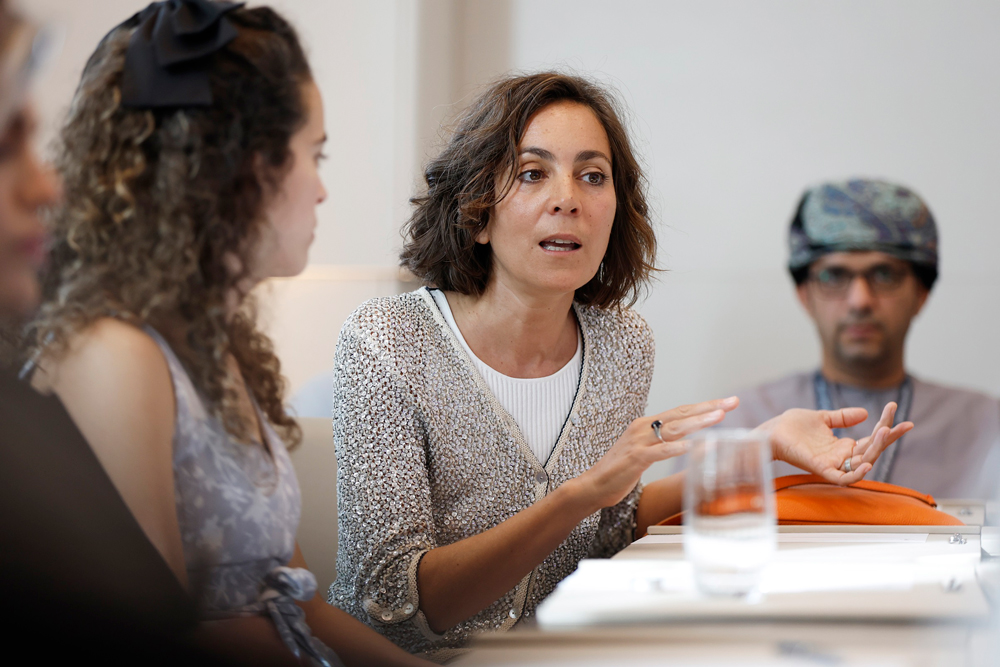
She said the film’s title references “Azza,” a powerful symbol in Sudanese poetry represents the nation itself through a woman who used to recite poetry to her imprisoned nationalist husband through his prison window – a testament to the longstanding relationship between poetry and resistance in Sudanese culture.
Director Marjan Khosrav, whose film Requiem for a Tribe (Iran, Spain, Qatar) depicts the story of a woman in Iran who is pressured to settle in a city, also said the film’s story was inspired from real life. “I met a woman crying for her children who moved from their hometown in the mountains to the city. This woman loved her heritage, culture and arts and was upset that technology hindered nomad people from practicing their arts.”
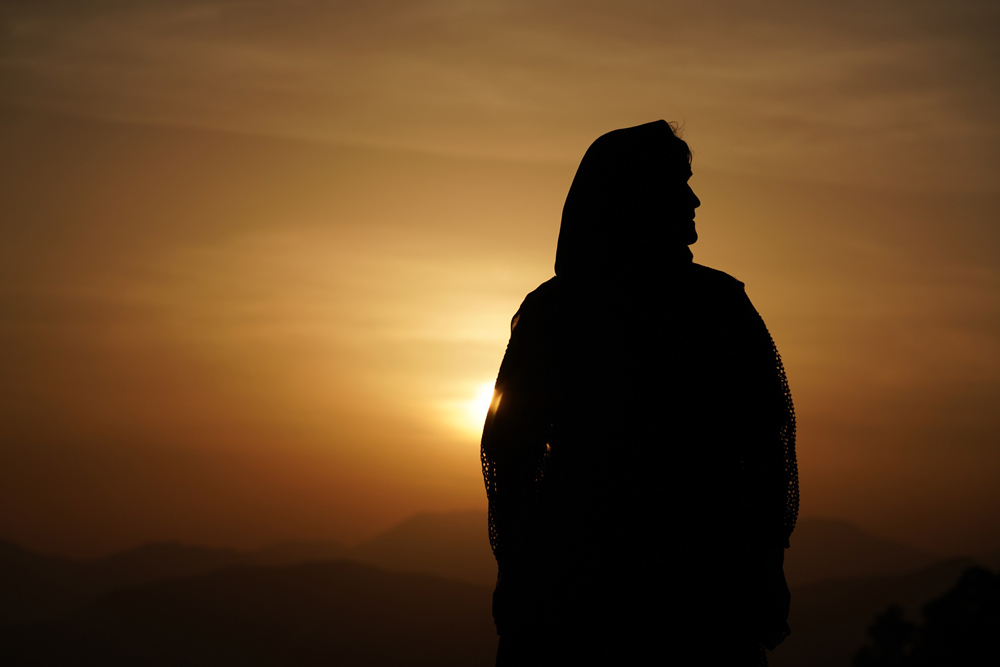
Meryam Joobeur, the director of Who Do I Belong To (Tunisia, France, Canada, Norway, KSA, Qatar), said it is important to take out the geo-political aspect of violence that is happening to dissect the cycle. “It is universal, and it is happening everywhere, so if you want to change the world, you should start with oneself.”
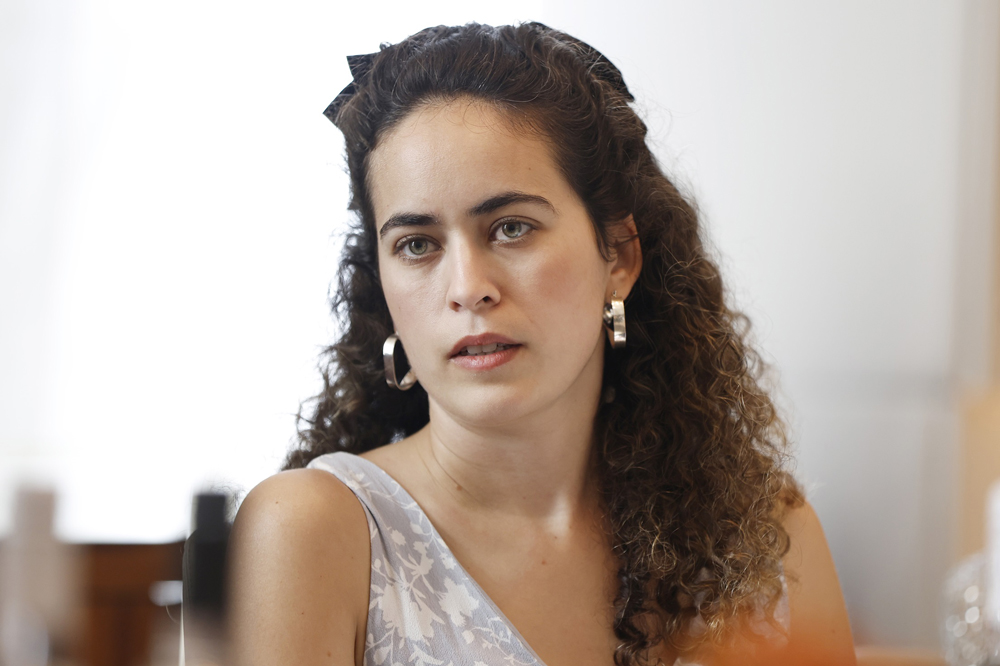
She said that after the Tunisian Revolution, the change created a sense of fear of the unknown. “There was extreme liberation and its counterpart in extreme religiosity. There are still questions, but I think the situation has become more balanced. In a state of change and uncertainty, fear gets to people, so they need to seek clarity.”
Nominated for a Golden Bear Award at the Berlin Film Festival 2024, her film, set in a remote Tunisian village, is about Aicha, whose quiet life with her husband and youngest son is shattered when her eldest son, Mehdi, returns home from war.

